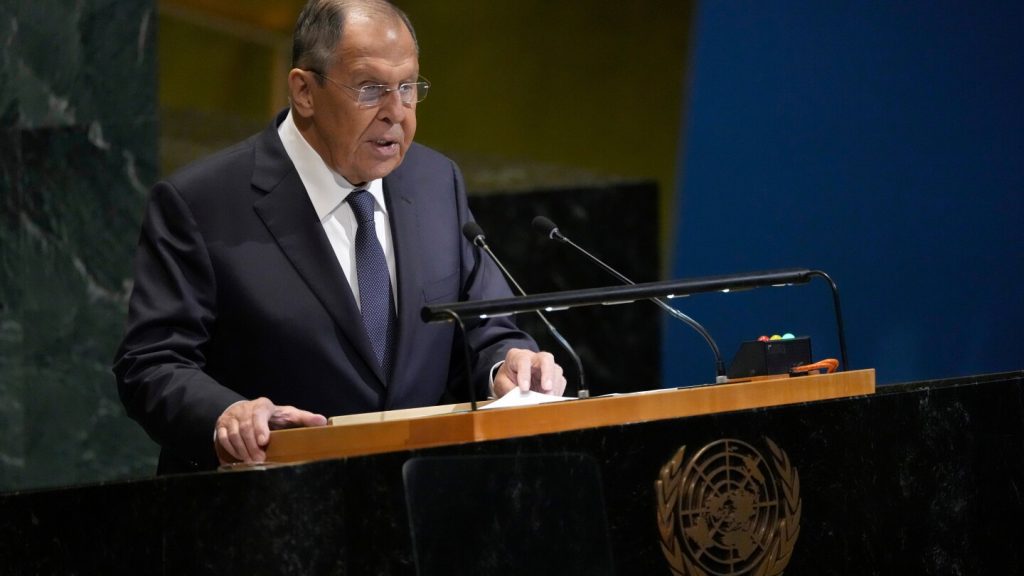Russia’s Diplomatic Position Amid Rising Tensions with NATO
UNITED NATIONS (AP) — As tensions escalate between Russia and NATO nations, Moscow’s foreign minister asserted on Saturday that Russia does not plan to attack Europe but will respond decisively to any acts of aggression.
Foreign Minister Sergey Lavrov adopted a notably cautious stance towards the United States following last month’s summit between the leaders of both countries. Although no agreement was reached regarding the war in Ukraine, Lavrov expressed “some hopes” for ongoing dialogue with Washington, suggesting a practical relationship with U.S. President Donald Trump’s administration.
Speaking at the U.N. General Assembly, Lavrov indicated that unauthorized flights into NATO airspace, which have heightened concerns in Europe, are attributed to Russia. He noted NATO’s recent downing of drones in Poland and reported that Russian fighter jets had strayed into Estonian airspace.
While Russia denies any wrongdoing regarding these incidents, European leaders view them as deliberate provocations aimed at testing NATO’s response. The alliance has warned Russia that it will take all measures necessary to defend its airspace.
Claims of Threats and Future Dialogues
At the U.N., Lavrov declared that Russia is the one facing threats. “Russia has never had and does not have any intentions to attack European or NATO countries,” he remarked, emphasizing that any aggression would be met with a firm response.
As the war in Ukraine continues into its fourth year, President Trump recently expressed his belief that Ukraine could reclaim lost territory, a notable shift in tone from past comments. In a press conference, Lavrov welcomed Trump’s proposal for rekindling dialogue, underscoring the importance of avoiding confrontation between the two nations.
Lavrov criticized some European countries for overly aligning their diplomatic efforts with Washington, suggesting U.S. support for Ukraine would persist while reducing genuine diplomatic engagements. He called for open dialogue as a method to resolve differences, despite acknowledging the persistent harshness directed at NATO and the West.



